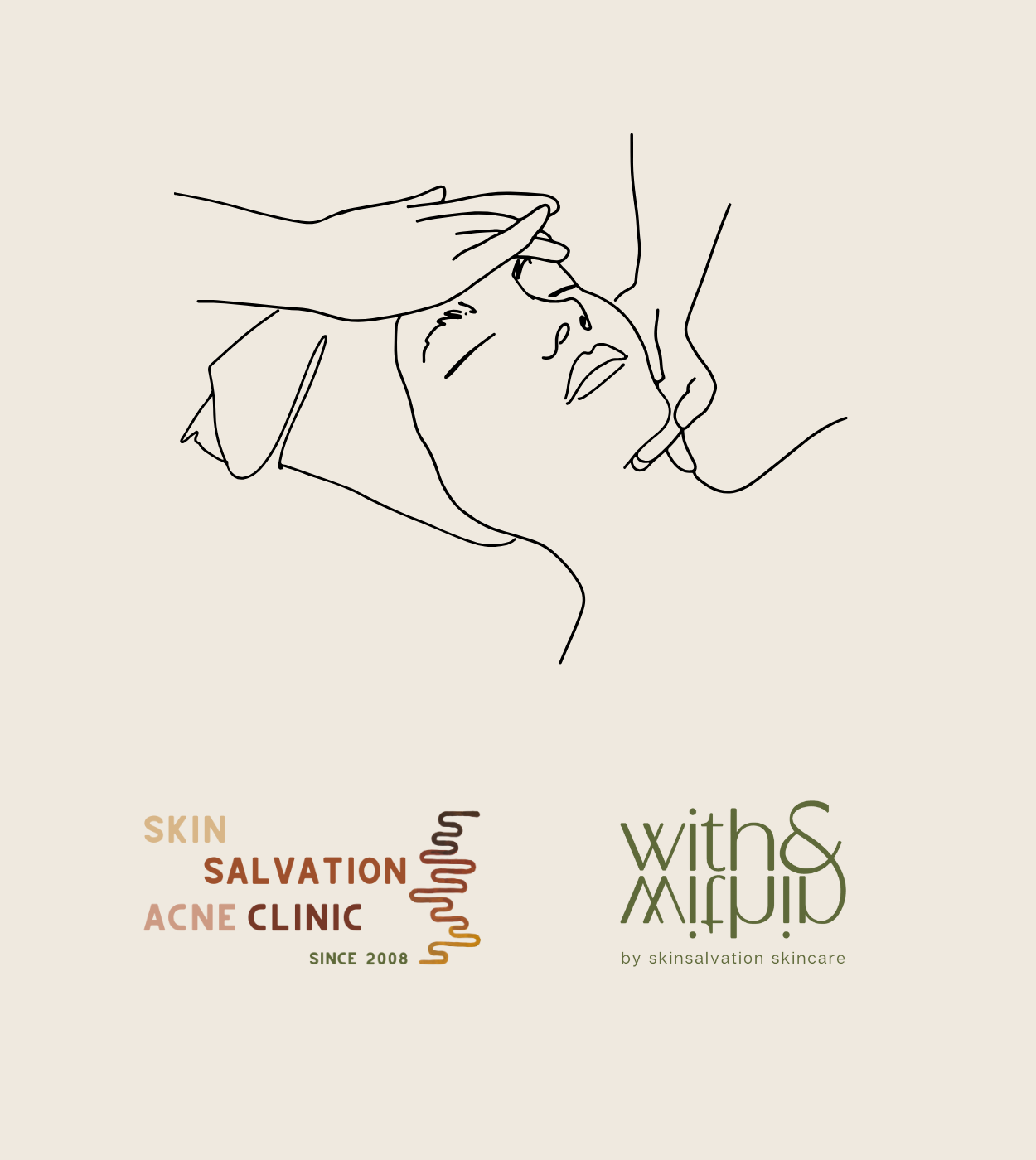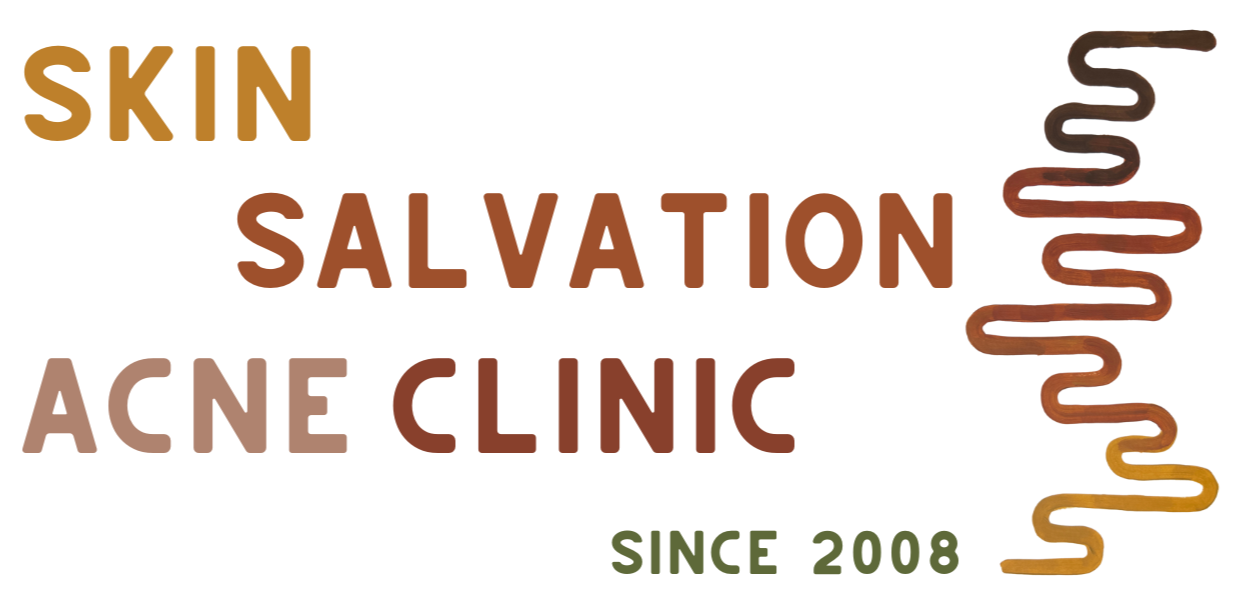dairy-free calcium sources
 one of the most important tenets of an acne-safe lifestyle is cutting out dairy from your diet. since dairy provides some important nutrients - namely calcium - it's important to make sure you incorporate new sources of these nutrients into your diet after cutting out dairy. doing so will not only make sure your body is getting the nutrition it needs, it will also help to cut down on dairy cravings. (though we can't promise that cheese plates will ever stop looking delicious.)
adding in these acne-safe and calcium-rich foods to your diet will help maintain the health of your bones and teeth, and can help to stave off osteoporosis down the line.
almond milk
almond milk actually contains more calcium and more vitamin D than cow's milk, and with only 40 calories in a cup it's less fattening, too. pour it over your cereal, use it to replace cow's milk in recipes, or just have a glass with your favorite (acne-safe) cookie.
oranges and orange juice
vitamin c isn't the only vital nutrient you get from oranges, they are actually naturally high in calcium as well . oranges are super portable, so just throw one in your bag and have it for a mid-morning or mid-afternoon snack. just remember to drink orange juice with moderation - it's packed with sugar, so make sure you're pairing it with high fiber, high protein foods to keep the glycemic index of your meal lower.
sardines
a serving of these little salty fish has one-third of the daily recommended value of calcium. surprised? sardines are actually one of the healthiest fish you can snack on, providing not only calcium, but also tons of vitamin D and omega 3's. try adding them to a salad, or, if you prefer just straight out of the can.
kale
what can't kale do? it's no wonder kale has earned the monicker of "superfood." kale salads are great year round (try adding some fruit into your salad to balance kale's natural bitterness). also, kale chips are a great alternative to potato chips, and they bake up in about 15 minutes.
...and all those other dark, leafy greens
many leafy green vegetables such as turnip greens, spinach, collards, bok choy, dandelion greens, broccoli and artichokes offer as much as 175-350mg of calcium per 1 cup. an easy and simple way to prepare your greens is by throwing some garlic and olive oil in a pan and sauteeing the vegetables for a few minutes. adding just a teaspoon of water can help cook the greens faster. you could also add some eggs in the mix for an easy, filling and healthy breakfast.
herbs
while you definitely shouldn't rely on the herbs in your seasonings for all your calcium needs, there are quite a few calcium-rich herbs that you should consider adding into your sauces, dressings, and other recipes. some all-stars include: dill, basil, thyme, oregano, poppy seed, mint, celery seed, sage, parsley, and rosemary.
chickpeas
chickpeas are a super versatile food - eaten on their own, as hummus, falafel, as part of a salad, or even as a substitute for soy in a miso base, there really is very little you can't do with chickpeas. in addition to calcium, you'll also get a healthy dose of potassium and folate.
blackstrap molasses
blackstrap molasses is darker in color and thicker than regular molasses - it's also filled with calcium, iron, and other vitamins, so when you're craving something sweet it's best to first reach for this.
chia seeds
chia seeds are the darlings of the health food industry these days (and for good reason). packed with dietary fiber, healthy fats, and calcium, chia seeds are a great addition to any diet. mix them into your morning smoothie or oatmeal, add them to salads, or even mix them with your orange juice to unleash their natural, gelatinous state.
these are just a few of many, many non-dairy sources of calcium. if you're concerned about your calcium intake since cutting out dairy just remember to always check labels, and to incorporate as many whole foods into your diet as possible. if you still feel like you aren't getting enough, you can always consider taking a supplement or eating foods fortified with calcium. just remember, it's always best to get your nutrients from your food, so don't use these products as a replacement, but rather as a supplement to the calcium you're getting from whole foods.
one of the most important tenets of an acne-safe lifestyle is cutting out dairy from your diet. since dairy provides some important nutrients - namely calcium - it's important to make sure you incorporate new sources of these nutrients into your diet after cutting out dairy. doing so will not only make sure your body is getting the nutrition it needs, it will also help to cut down on dairy cravings. (though we can't promise that cheese plates will ever stop looking delicious.)
adding in these acne-safe and calcium-rich foods to your diet will help maintain the health of your bones and teeth, and can help to stave off osteoporosis down the line.
almond milk
almond milk actually contains more calcium and more vitamin D than cow's milk, and with only 40 calories in a cup it's less fattening, too. pour it over your cereal, use it to replace cow's milk in recipes, or just have a glass with your favorite (acne-safe) cookie.
oranges and orange juice
vitamin c isn't the only vital nutrient you get from oranges, they are actually naturally high in calcium as well . oranges are super portable, so just throw one in your bag and have it for a mid-morning or mid-afternoon snack. just remember to drink orange juice with moderation - it's packed with sugar, so make sure you're pairing it with high fiber, high protein foods to keep the glycemic index of your meal lower.
sardines
a serving of these little salty fish has one-third of the daily recommended value of calcium. surprised? sardines are actually one of the healthiest fish you can snack on, providing not only calcium, but also tons of vitamin D and omega 3's. try adding them to a salad, or, if you prefer just straight out of the can.
kale
what can't kale do? it's no wonder kale has earned the monicker of "superfood." kale salads are great year round (try adding some fruit into your salad to balance kale's natural bitterness). also, kale chips are a great alternative to potato chips, and they bake up in about 15 minutes.
...and all those other dark, leafy greens
many leafy green vegetables such as turnip greens, spinach, collards, bok choy, dandelion greens, broccoli and artichokes offer as much as 175-350mg of calcium per 1 cup. an easy and simple way to prepare your greens is by throwing some garlic and olive oil in a pan and sauteeing the vegetables for a few minutes. adding just a teaspoon of water can help cook the greens faster. you could also add some eggs in the mix for an easy, filling and healthy breakfast.
herbs
while you definitely shouldn't rely on the herbs in your seasonings for all your calcium needs, there are quite a few calcium-rich herbs that you should consider adding into your sauces, dressings, and other recipes. some all-stars include: dill, basil, thyme, oregano, poppy seed, mint, celery seed, sage, parsley, and rosemary.
chickpeas
chickpeas are a super versatile food - eaten on their own, as hummus, falafel, as part of a salad, or even as a substitute for soy in a miso base, there really is very little you can't do with chickpeas. in addition to calcium, you'll also get a healthy dose of potassium and folate.
blackstrap molasses
blackstrap molasses is darker in color and thicker than regular molasses - it's also filled with calcium, iron, and other vitamins, so when you're craving something sweet it's best to first reach for this.
chia seeds
chia seeds are the darlings of the health food industry these days (and for good reason). packed with dietary fiber, healthy fats, and calcium, chia seeds are a great addition to any diet. mix them into your morning smoothie or oatmeal, add them to salads, or even mix them with your orange juice to unleash their natural, gelatinous state.
these are just a few of many, many non-dairy sources of calcium. if you're concerned about your calcium intake since cutting out dairy just remember to always check labels, and to incorporate as many whole foods into your diet as possible. if you still feel like you aren't getting enough, you can always consider taking a supplement or eating foods fortified with calcium. just remember, it's always best to get your nutrients from your food, so don't use these products as a replacement, but rather as a supplement to the calcium you're getting from whole foods.
x





